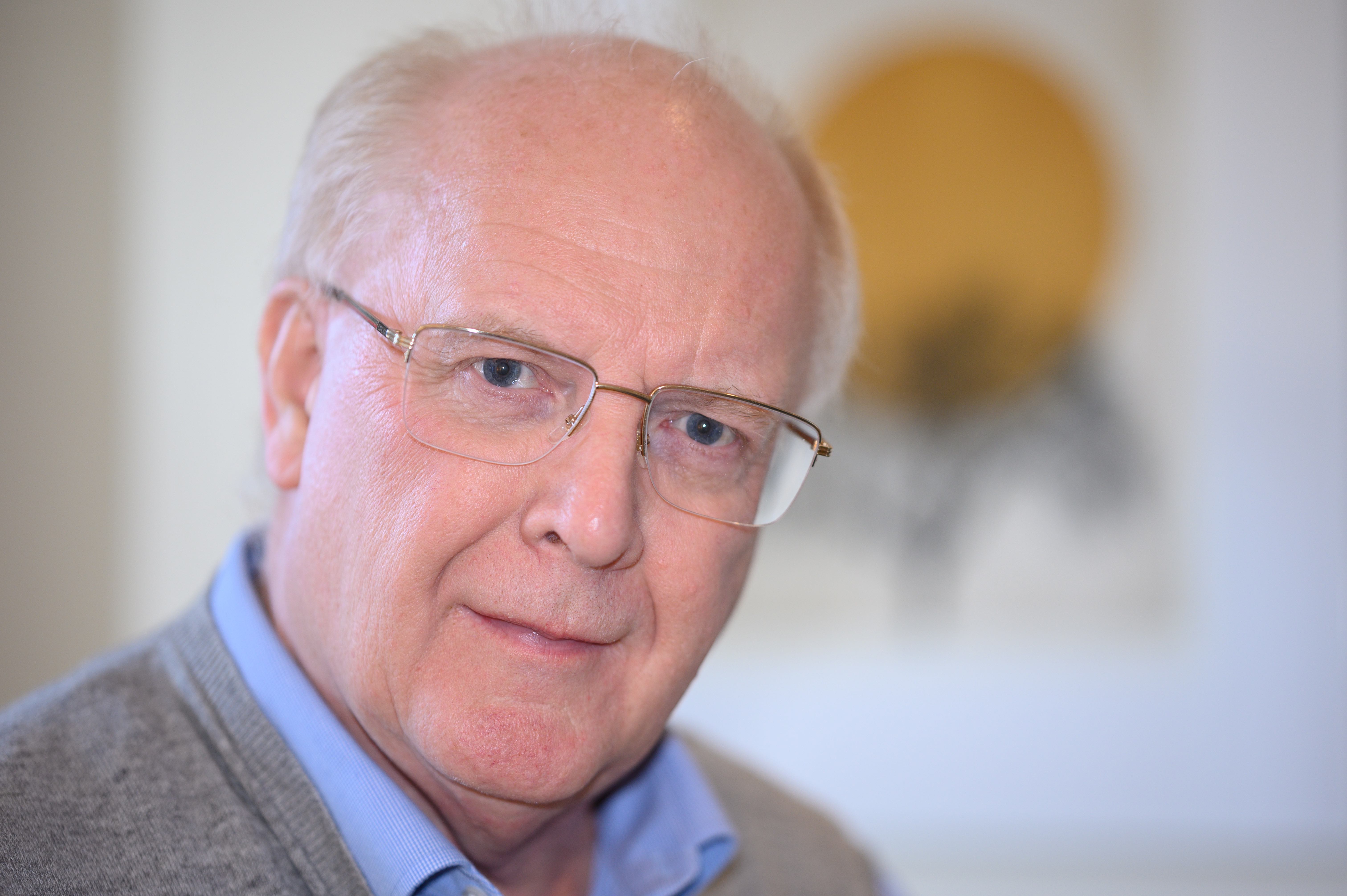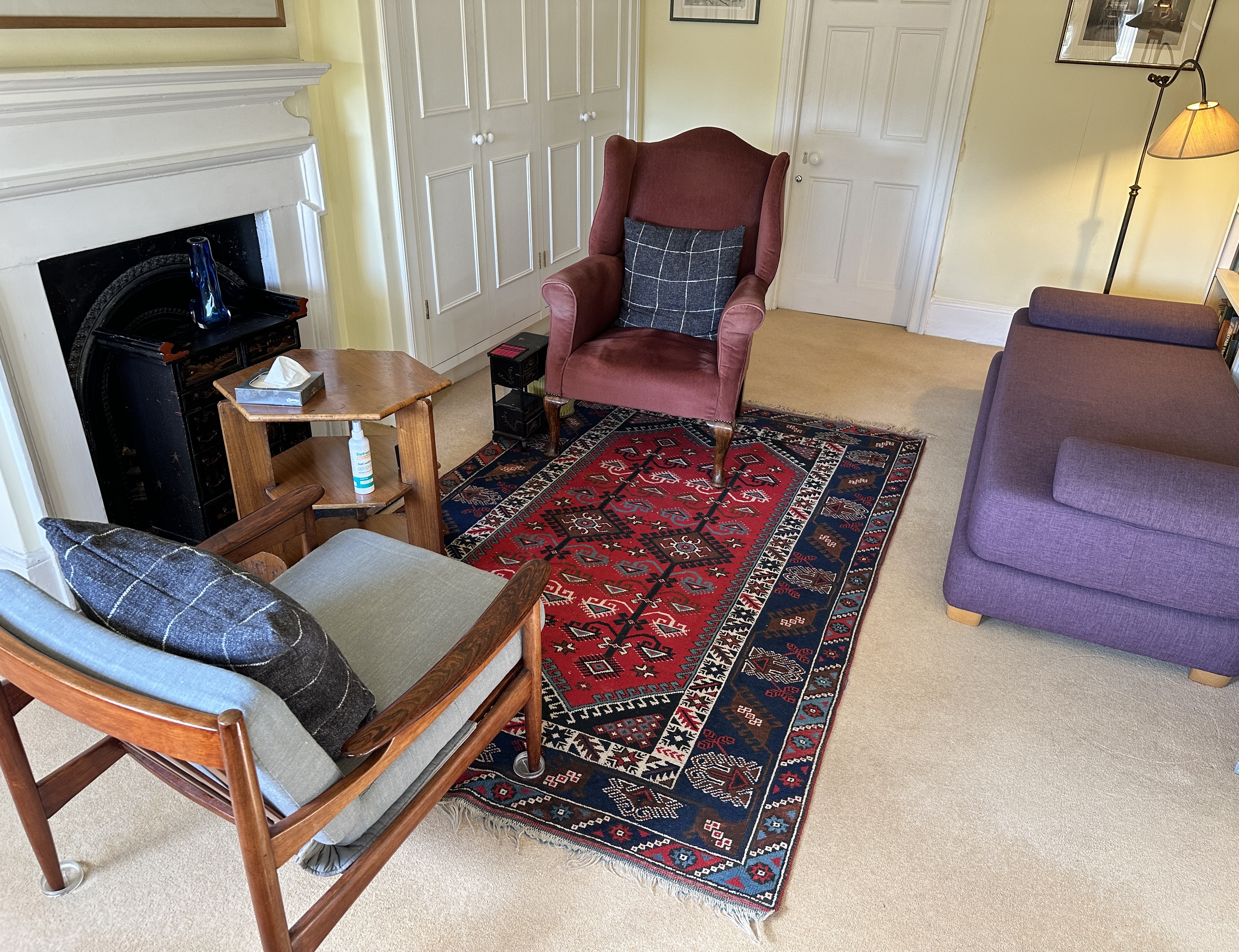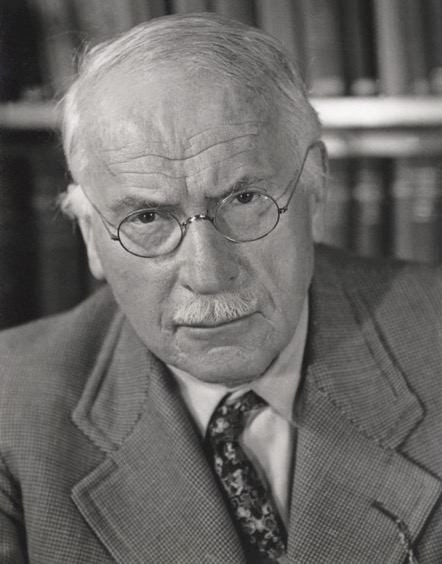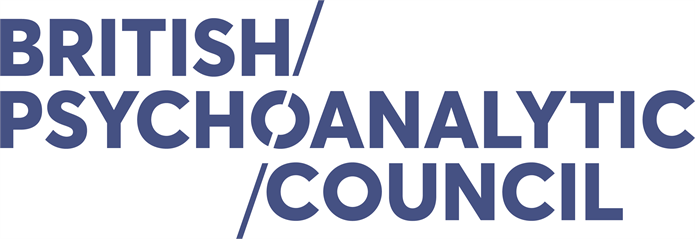
Bob Clyde
Jungian Therapist
Somebody once said, “What you cannot be with, will not let you be.” Jung knew this too. He declared, “What we resist persists”. If you’re considering therapy, chances are that these two statements may have struck a chord. The sheer persistence of troubling thoughts, the power they have to disrupt every-day life – to not let you be – never fails to astonish me.
Jungian therapy starts from the premise that troublesome emotions emerge for a purpose. That purpose is a stimulus to re-examine what has happened in order, as Jung says, to "outgrow" the issue, and thus to find a satisfactory perspective in your present-day life – a perspective that will just let you be.






